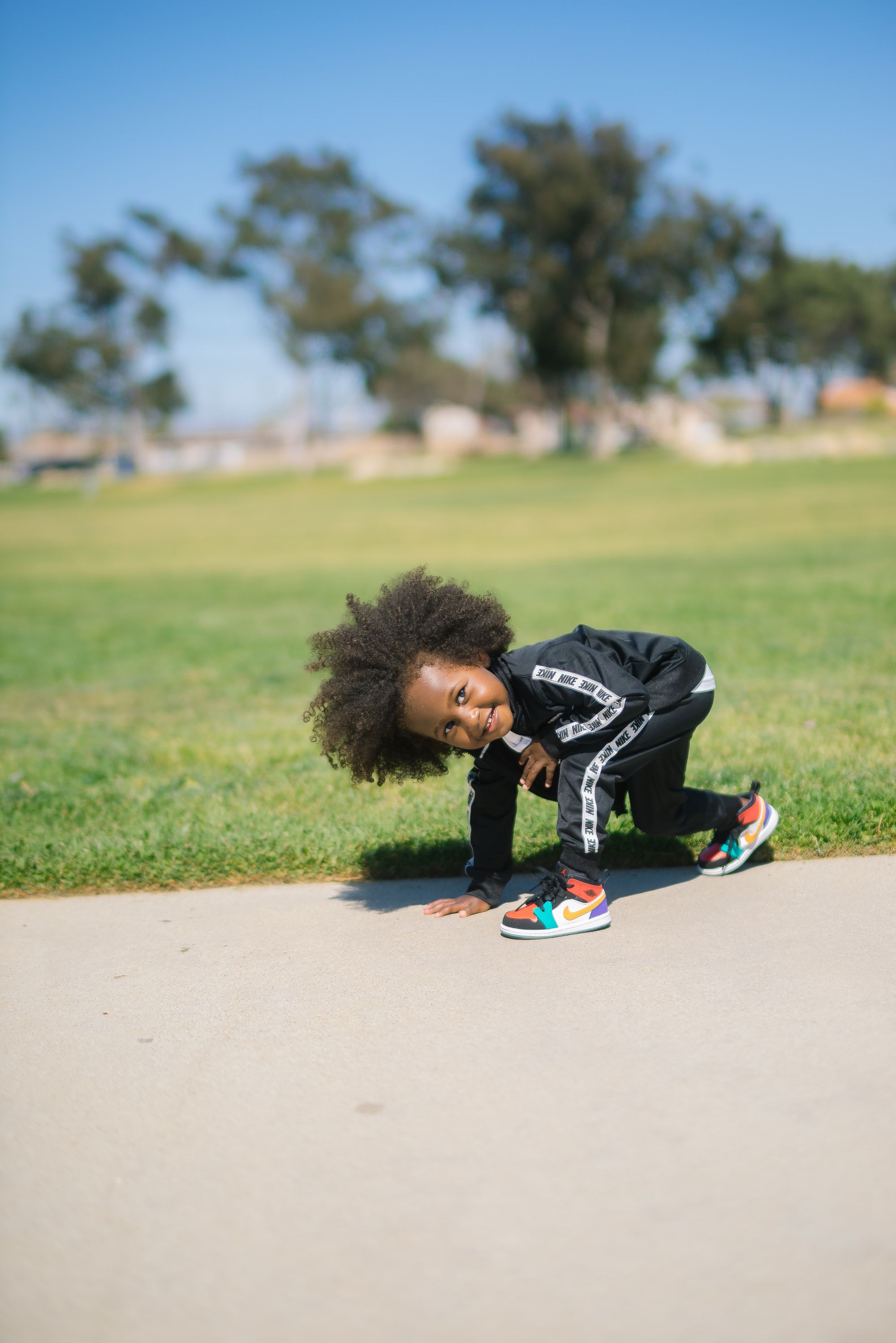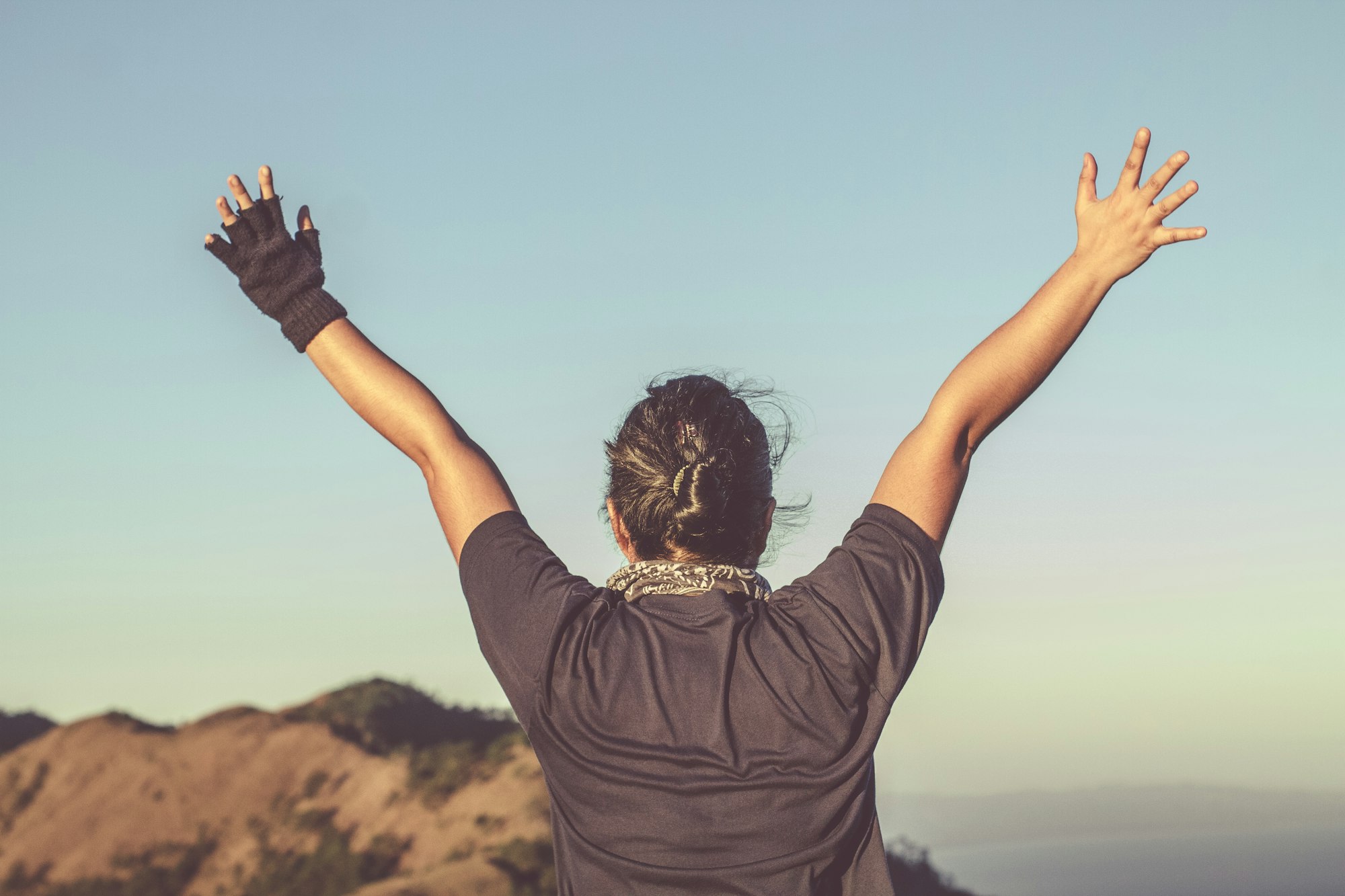
Notes after a long afternoon on the mountain: how much you should do depends on what you want to be able to do
My hair is still plastered to my head after three hours of sweating. I finished close to seven challenging miles today, moderate but not too difficult, on lovely Mt. Pisgah with the local Obsidians hiking group. That was my first hike with them. Two more and I can join, and I plan to.
Because in November of 2023 I plan to summit Kilimanjaro again, and I have work to do.
Could I just walk a lot?
Sure. Would I succeed? Not likely. That's my point.
I have been thinking about this lately, as some of my Patreon supporters have mentioned that as they are around 61 and up, and the issue of fitness as we age is now front and center far more than ever. The year I turned 61 I did Macchu Picchu and Everest Base Camp.
If I only walked, which some folks think is just fine, neither of those would have been possible.
Today, just on cue, I found this article:
:extract_focal()/https%3A%2F%2Fpocket-syndicated-images.s3.amazonaws.com%2Farticles%2F7444%2F1641513644_61d781cbd26b4.png)
As with each of us, whether walking is enough depends on what we're starting with. If we're already active, walking may be a significant downshift. Was for me. I had injuries and some very real challenges these last two years, and I did indeed walk, including on hills. I also ran when I could, given the injuries. And I lost fitness, in part because those workouts where nowhere near the demand I was accustomed to.
And because I wasn't walking my beloved stairs at altitude. So it was a tradeoff, and right now I am making up for lost time. I need a lot more work, including cycling and lifting and other sports, to maintain the shape I want in order to do the adventure travel I want to do safely. Now that my house is largely at the point of management vs. major projects, I can really start to focus on the fitness.
But my fitness has a purpose, which is to save my life if necessary, get me out of rough spots which happen, and allow me options to keep doing pretty extreme things. That is not everyone's cuppa.
Somewhere along a continuum you will find an answer to what works for you. For those just starting out, walking, assuming you can, is the entry point. It can and does give you a level of fitness and pays off with benefits to your heart, lungs and a lot more.
And. It's a big AND. If you want a level of body confidence which allows you to, say, dance, or hike, or cycle, then you will need to ratchet up. Also, and I can only speak for myself, I need weight work. As a thin Caucasian woman, I am subject to osteopenia, which can evolve into osteoporosis. I have to add weights.
You can get a lot of help with your bones by walking. If you also add farmer's carries to this, which can be as simple as full milk jugs that you carry around your space and up and down stairs if you have them, you add a whole other layer of demand and quality fitness to your workout. One Medium commenter told me that he scoffed at Farmers' carries until he did them. They busted his butt, he said, so now, at 65, they are part of his workout.
They are part of mine, too, now that my left shoulder is allowing me to lift again.
Rosenna Bakari, who is both my friend and a fellow bodybuilder as well as a marathoner and a martial arts expert, has recently shifted to cycling. She loves the gym like I do, but recently added a bike. My bikes are still in the garage, badly needing air in the tires. I need a very good lock for Bike Theft Central Eugene. But I'll be back in the saddle again, for those rides really build legs and lungs.
What walking does is give you a minimal baseline. Performance expert Brad Stolberg has written that walking really does serve for a lifetime, and people who put real effort into it can make it a solid fitness regime. To that, I would add that adding a ruck, which (dammit) didn't arrive yesterday as hoped, will add exactly the kind of demand that I want when I do my hikes. You can put weight into any backpack and call it a ruck, but I went serious and bought one designed for training for all kinds of sports.
That's because I'm a gear pig and easily suckered in but that's my story. Also when I loaded a lumbar pack for a six-mile hike this past week it threw my back for a loop, and I'm not going to repeat that mistake.
I am no fan of easy. But that's me, and I do NOT expect others to do what I do. However, when it comes to designing a fitness regime as we age, only doing the minimum doesn't allow us to build strength and endurance, two things that come in mighty handy the older we get. While I don't expect you to compete in a Tough Mudder, there is something marvelous about being able to catch yourself on a bannister if you slip and pull yourself right back up.
Your upper body strength does not grow with just walking. That is why I lift. I like sculpted arms not just for the esthetics but also because that strength has come in handy so many times I can't count. That strength has saved my life multiple times, but again, you likely won't do much of what I do.
Still, given that as we age, some of our faculties change, including eyesight, inner ear and balance, having good reflexes, a strong body and the ability to pull ourselves up from a fall are all part of a damned good plan.
Walking will only get you partway there.
I recently saw an article on Medium claiming how hard it is to build muscle as we age. I nearly went through the roof. Not only is that patently false, it's idiocy masked as serious writing. SOME folks might struggle, but MOST of us, given dedication, a decent diet and determination, can indeed build muscle. The question is, just as with the question about exercise, is what do you want to be able to do?
As with all things, be mindful of getting checked by your doctor first, and taking all the appropriate steps which ensure that you start an activity safely. The key is, above all to start. Then, when you're motivated, ratchet up the challenge.
So let me end with a story. Last year I was once again staying at the wonderful Stella Maris hotel, with is Kilimanjaro Central. One climber, an Austrian man, was irritated with some of the other climbers on his hike. Like me, he trains like a banshee for months before a big hike. On his climb, three American women bonked on the way up and demanded they be allowed to sleep. You can't do that. You have to walk all the way back down, no negotiations.
Another American man was struggling from the beginning. The Austrian took him aside one night. Asked him what kind of preparation he'd made.
"Oh, I did a little Stairmaster," the guy said.
People die on Kilimanjaro. This is how they die. They don't prepare. Don't take conditions seriously.
Aging is precisely the same. We have to prepare as best we can. The harder we work, the more options we have. When all we want to do is the bare minimum, the body will return the favor.
When we take aging seriously, prepare with respect, and treat our marvelous machines with the care they deserve and the work for which they are beautifully designed until the day we keel over in mid-stride, we have options.
Sure. You can just walk. But where do you want your body to take you?

Dear Walkabout Saga Reader:
If my work appeals to you, may I kindly invite you to consider joining those Patreon supporters whose generosity keeps the gas in my tank as it were. Those supporters get to dictate my content calendar, we engage as a community, and this website and its content acts in service to our collective best selves.
You can explore that option here.
However you decide to partake of my writing, thank you.

Comments powered by Talkyard.